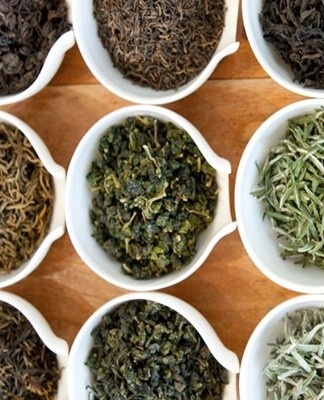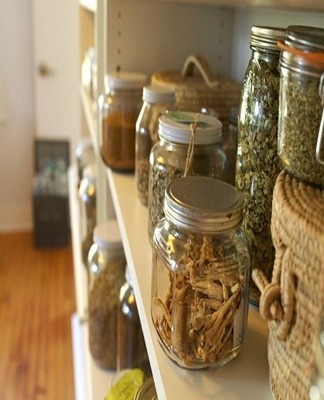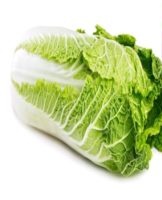How well, how much and where you can store herbs for tea at home
The tradition of drinking herbal teas came to us from the Middle East. Herbal tea is a delicious and healthy drink that can be enjoyed all year round. In order to preserve the aroma and healing properties of a natural product as much as possible, it is necessary not only to properly collect herbs, but also to store them. Here are some tips to help you learn how to store herbs for healthy teas at home.
Benefits of using herbs to make tea
A herbal tonic drink can replace classic tea. Each plant has certain properties that affect the body. Herbal infusions are used in limited quantities. If you have any diseases, you need to consult a doctor.
Tea is prepared using dried herbs in two ways: decoction and infusion. The first option is to prepare a drink in a water bath. The infusion is obtained by soaking the plants in hot water. This method of preparation preserves all the beneficial properties of the grass, fully reveals its taste.
Effective herbal teas can help treat a variety of ailments. Useful drinks are used for colds, insomnia, as a sedative.
Herbal tea is useful for high blood pressure, to strengthen the heart and blood vessels.A freshly prepared tonic drink, depending on the herbal preparation used, is able to cleanse the stomach, saturates the body with vitamins, macro and microelements.
Optimal storage conditions
In order for the grass not to lose its aroma and taste after brewing, you need to take care of the correct storage of the product. Dried ingredients are not crushed before storage. The preservation of useful properties also depends on the storage characteristics. Any wild plant or domestic culture in dried form is able to absorb moisture. This leads to the deterioration of raw materials.
The most common types for making tea at home include lemon balm, thyme, Ivan tea, linden, and other herbs. Harvested herbs are stored in a dry room with good ventilation. Optimal air temperature: +18 degrees. Avoid direct sunlight. If possible, dried plants are hung from the ceiling, having previously collected them in bunches. This way, storing useful weed in an apartment won't work; in this case, a special container is used.

Container selection rules
Different kinds of dried raw materials are sorted from each other. Plants containing essential oils are stored in a tightly closed container. Herbal products can be stored on a shelf in the pantry. Suitable containers: cans, porcelain dishes, ceramic containers. Grass without a pronounced aroma is stored in canvas, linen and cotton bags. For example, a collection of chamomile, St. John's wort and rosehip is put in a textile container.
In jars with a lid, they retain useful properties: lemon balm, mint, oregano, lavender.The material does not provide air circulation, the ability to ventilate the raw material.
How much can you store?
If the conditions are met, the dry tea mix can be stored for 1-2 years. Fruits and berries will keep for about 3 to 4 years. The bark and rhizomes do not keep for more than 2 years. After this period, they do not use it. With the increase in the "age" of raw materials, the usefulness of plants decreases. Each type of grass has its own expiry date, which is shown in the table:
| Herb collection | Shelf life (years) |
| valerian roots | 3 |
| Pepper mint | 2 |
| rosehip fruit | 2 |
| Spirea | 2 |
| lemon balm | 2 |
| Ponytail | 4 |
| motherwort | 3 |
| Sally in bloom | 2 |
| Donnik | 2 |
| Oregano | 3 |
| chamomile | 2 |
| Coltsfoot | 3 |
| black currant leaves | 1 |
| Adonis | 2 |
| shepherd's bag | 3 |

It is not recommended to store phytoproducts in plastic bags or containers. In it, the raw materials are saturated with dampness, mold and blackening. Stock remaining after the expiration date should be discarded. It is recommended to mark the container with the packing date before sending dried products for storage.
Herbal tea can be a great alternative to the usual dark drink all year round. Useful qualities, beneficial effects on the body make the tonic drink a drink in demand among lovers of natural products.

